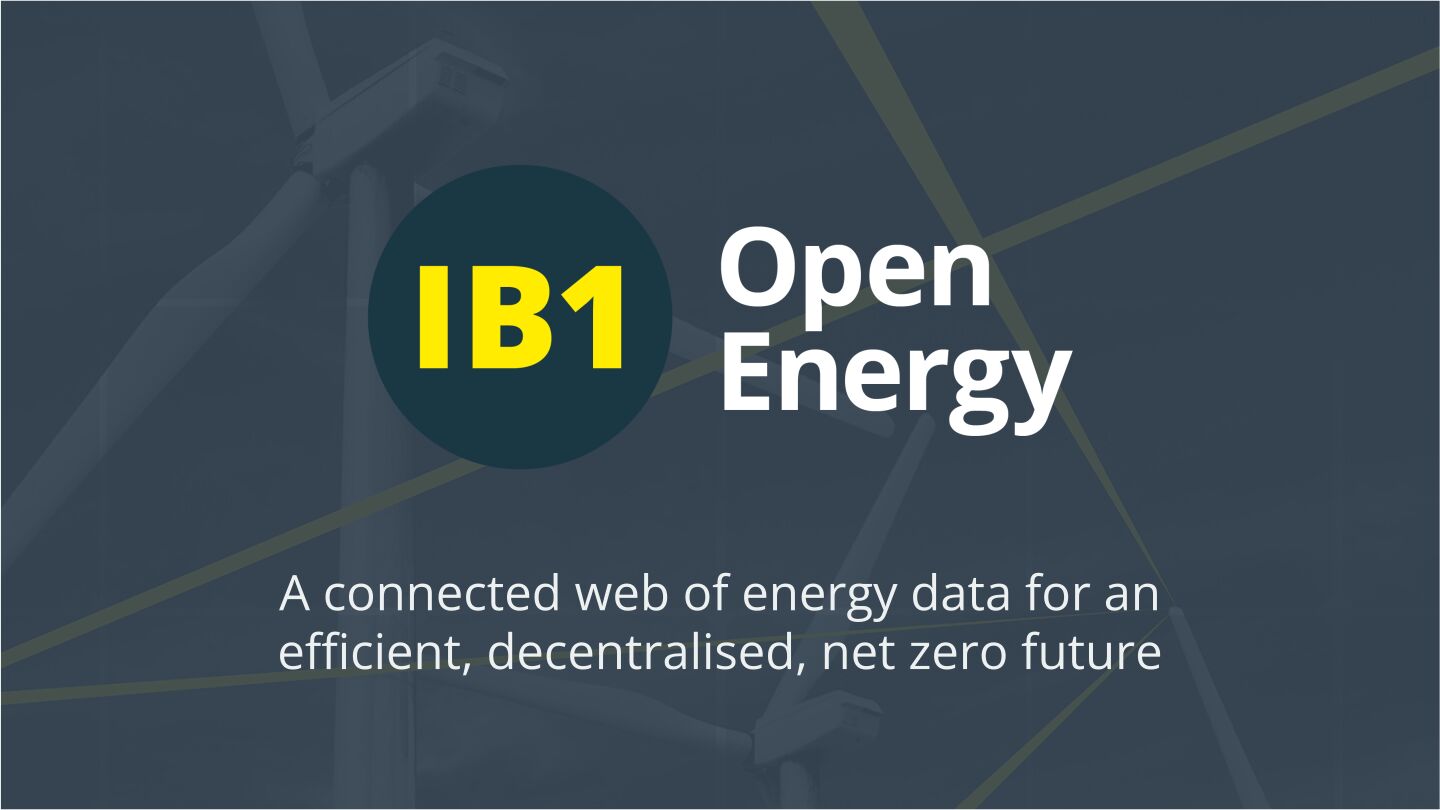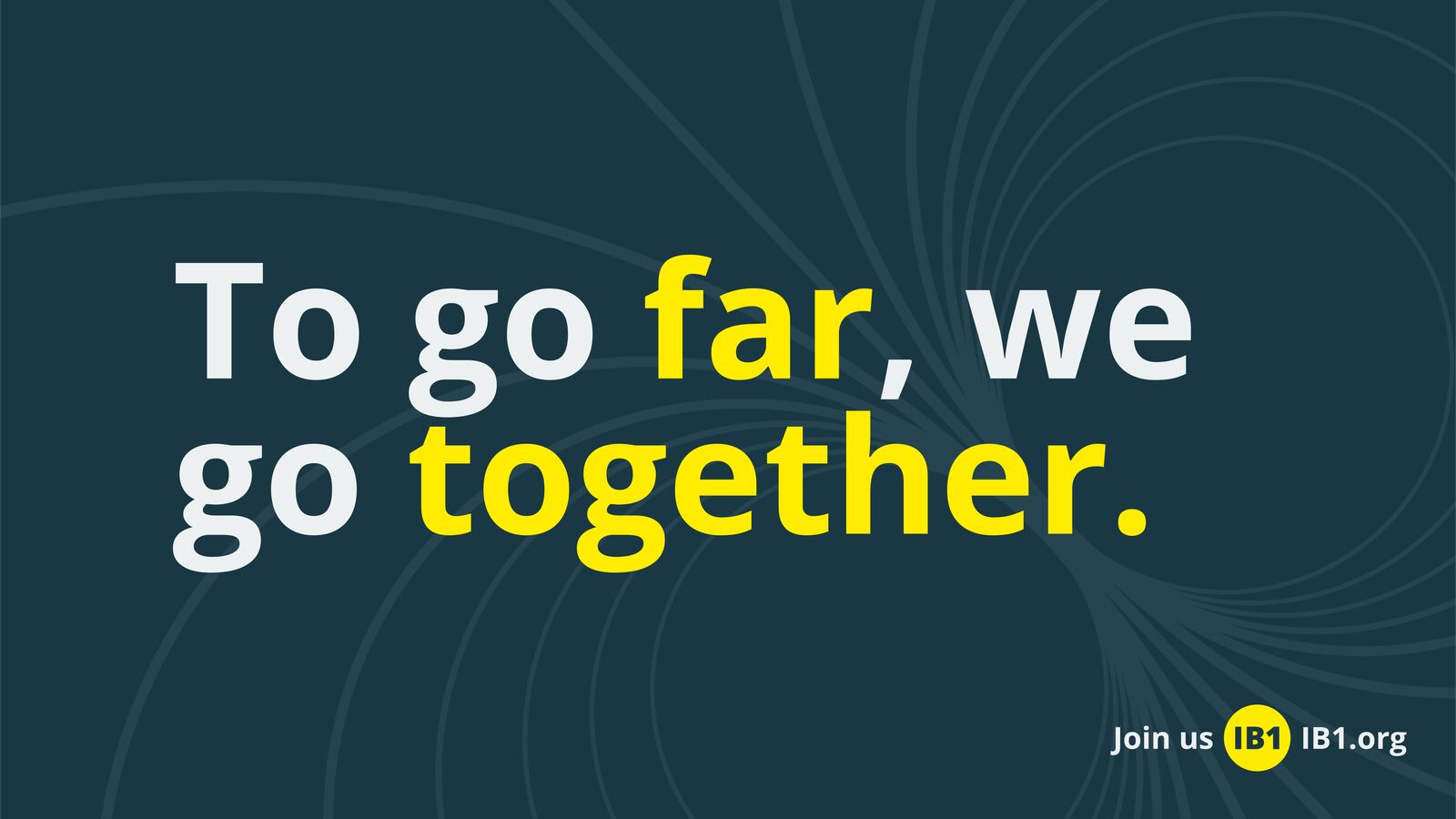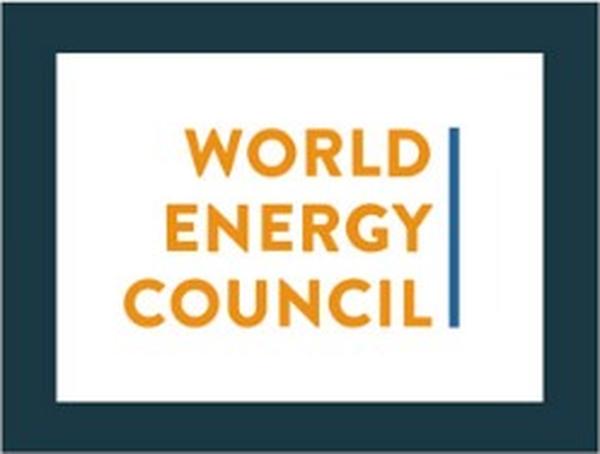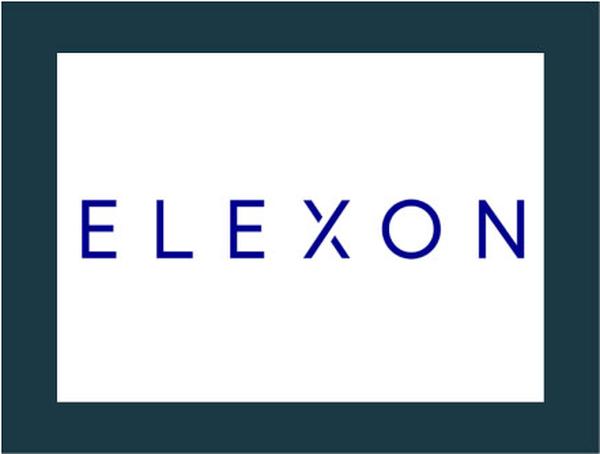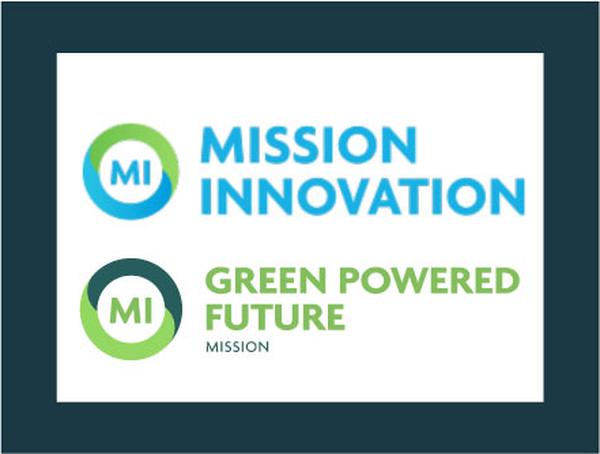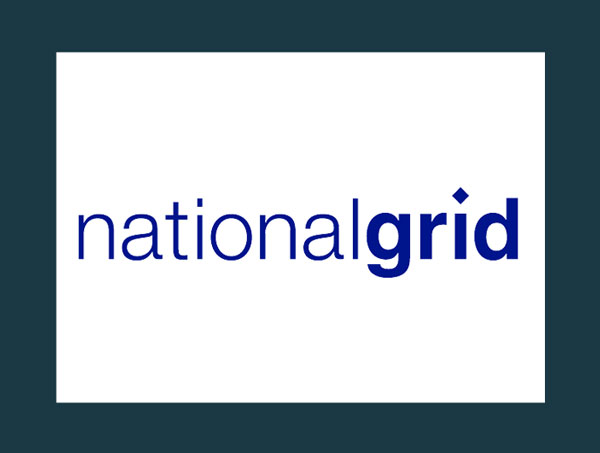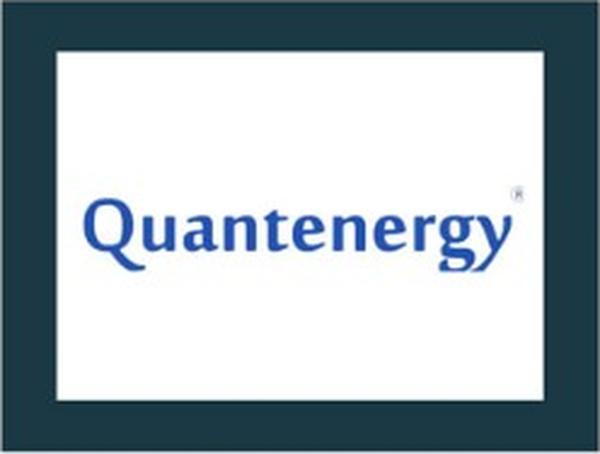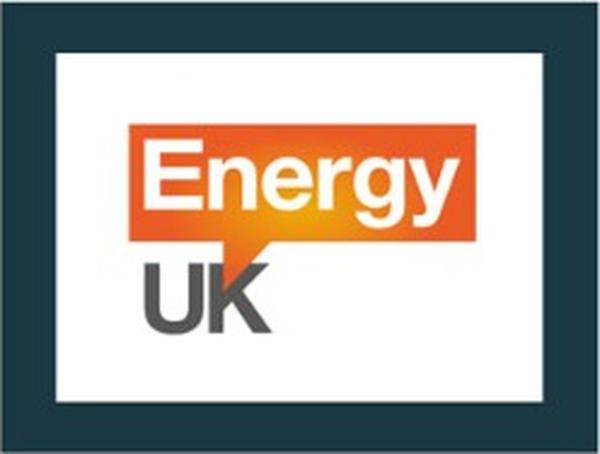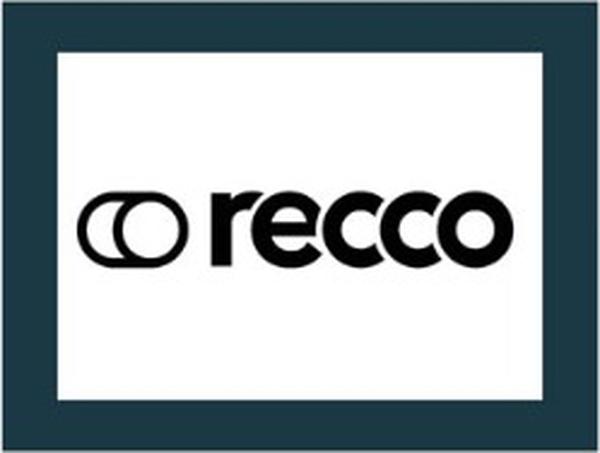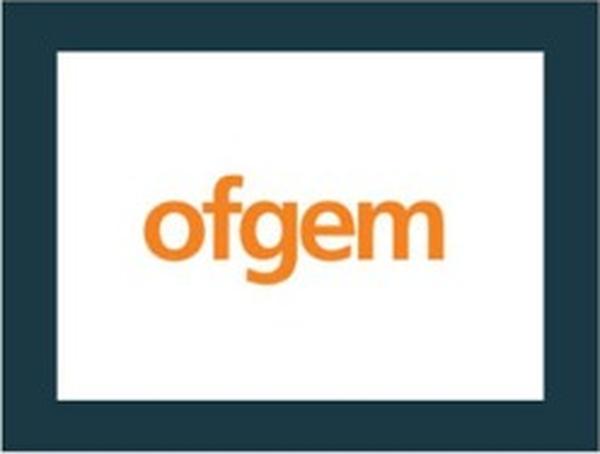What is Open Energy?
A connected web of energy data for an efficient, decentralised, net zero future
Energy is at the heart of our net zero future – but we can’t decarbonise the sector without trusted data sharing. Too often, access to energy data that’s vital to the transition is blocked by lack of trust, difficulty agreeing access, and inconsistent data standards.
Our approach helps drive the design, implementation and adoption of open standards to create assurable data flows between organisations. This enables assurable Open Data and pre-authorised Shared Data and ultimately builds confidence across the ecosystem.
We help build trust and unlock data access by bringing together domain experts from across the ecosystem – including large and small companies, regulated and unregulated actors, and the public sector – into Advisory Groups and Sector Steering Groups to collectively shape the future of energy.
Open Energy includes three things:
1. The IB1 Constellation: connect with an expert network of professionals
2. Icebreaking: engage in governance-led co-discovery and co-design of Schemes (the rulebooks of data sharing)
3. Trust Services: implement Scheme(s) in your business, at market scale, using the Energy Sector Trust Framework, Search services, verification and assurance.
Open Energy was initiated in 2020 by Icebreaker One (IB1), backed by UK (UKRI, BEIS) public funding. It is now 100% funded by industry, for industry, facilitated by IB1. IB1 is a public benefit non-profit, operating Open Energy as Digital Public Infrastructure (aligned with NOVA principles).
Get involved
You can have a say in shaping sector-wide data sharing through Open Energy by attending our advisory groups. Attendance of advisory groups will be subject to Open Energy programme membership or personal invitation. Contact us at openenergy@ib1.org
What value will Open Energy unlock?
A successful net-zero transition demands seamless, trusted energy data sharing across the ecosystem. By implementing secure frameworks that enable scalable access, interoperability, and regulatory compliance, organisations can transform how energy data flows between stakeholders. This unlocks value in the form of:
- Reduced cost and friction for all parts of the system
- Improved compliance with current and emerging regulations
- Stronger customer relationships due to tailored insights and offerings from application vendors
- Data-driven decision-making based on auditable and assurable data access for all members
- Reduced costs for coherent data access (legal, compliance) through multilateral contracts
- Modelling and mitigation of long-term risks by accessing and joining up diverse datasets
- New data-enabled partnerships
- New data-enabled product/service offerings
- Reduced legal risk due to transparent, sector-wide approaches to data licencing
What have we achieved so far?
- Created, designed, and implemented the country’s first national, cross-sector Smart Data Scheme (Perseus) taking smart meter data into the financial sector
- Helped Open Energy members implement data sharing Schemes
- Won the national, three stage, competitive Innovate UK MEDA programme, and the EDVP systems
- Secured design funding from UKRI and BEIS to develop Open Energy to TRL-7, and subsequent commercial investment to deliver a fully operational (TRL-9) solution in the market
- Secured commercial funding to run Open Energy (now 100% industry funded)
- Regular briefings to all government, regulators and code bodies, including DESNZ, DBT, DSIT, Ofgem, RECCo, SECCo, and others.
- Engaged over 600 energy sector stakeholders through Advisory Groups, webinars, and user testers
- Identified over 150 use cases – from getting more EV chargepoints installed to retrofitting social homes. Reports and use cases here
- Created and convened a network of leaders at the forefront of the energy transition through online and in-person events, and the Open Energy Steering Group
- Built openenergy.org.uk as a catalogue to demonstrate energy sector dataset discoverability and trust signals, now expanded across sectors in opennetzero.org
- Adopted and piloted the financial-grade API specification (used by Open Banking) to enable secure data sharing for the energy sector
- Advised on co-design and trust services for the Data Sharing Infrastructure (and its predecessors the Digital Spine and Virtual Energy System), including the NESO demonstrator
- Co-developed Data Sensitivity Classes to simplify data protection decision-making
- Co-developed Assurance for organisations and datasets
What is Open Energy’s current focus?
- Identifying a high-value sectoral data-sharing use case that cannot be solved using Open Data alone (i.e. there are limitations on data access and usage).
- Through Icebreaking, co-designing commercial data sharing schemes that define the rules for data sharing to meet use cases.
- Implementing an Assured Open Data scheme that allows any organisation in the Energy Sector Trust Framework, to provide standardised assurance levels for themselves and the Open Data they publish.
Who has endorsed Open Energy?
The UK’s Energy Systems Catapult (who authored the Digital Spine report), in collaboration with Ovo Energy, in their Clean energy retail: The role of energy retailers in the net zero transition report stated:
“The regulator should mandate Open Energy as an industry-wide data sharing mechanism. Open Energy has, via a competition run by government, created a service that enables trusted actors to share data in a consistent way across the energy value chain. Mandating this solution would accelerate its adoption and make consistent an approach, reducing costs and barriers to entry.” (page 20, The UK’s Energy Systems Catapult, Digital Spine report)
Read more about IB1’s other energy work here:
- DSI: More information coming soon (IB1 helped to design the Data Sharing Infrastructure for NESO)
- REACT: Shaping the future of grid connection requests
- NIMBUS: Risk modelling and data sharing practices for energy asset data
- DAFNI: Data-sharing for critical national infrastructure
- Use case: Electric Vehicles (EV) On-Street Chargepoints
- Use case: Electric Vehicles (EV) DNO Demand Management
- Use case: Heating, Residential Property Developer
- Use case: Local Authority
- Modernising Energy Data Access (MEDA) Phase 1 report
- Modernising Energy Data Access (MEDA) Phase 2
- Modernising Energy Data Access (MEDA) Phase 3 report
- 2021 EDVP alpha report (Energy Data Visibility Project)

